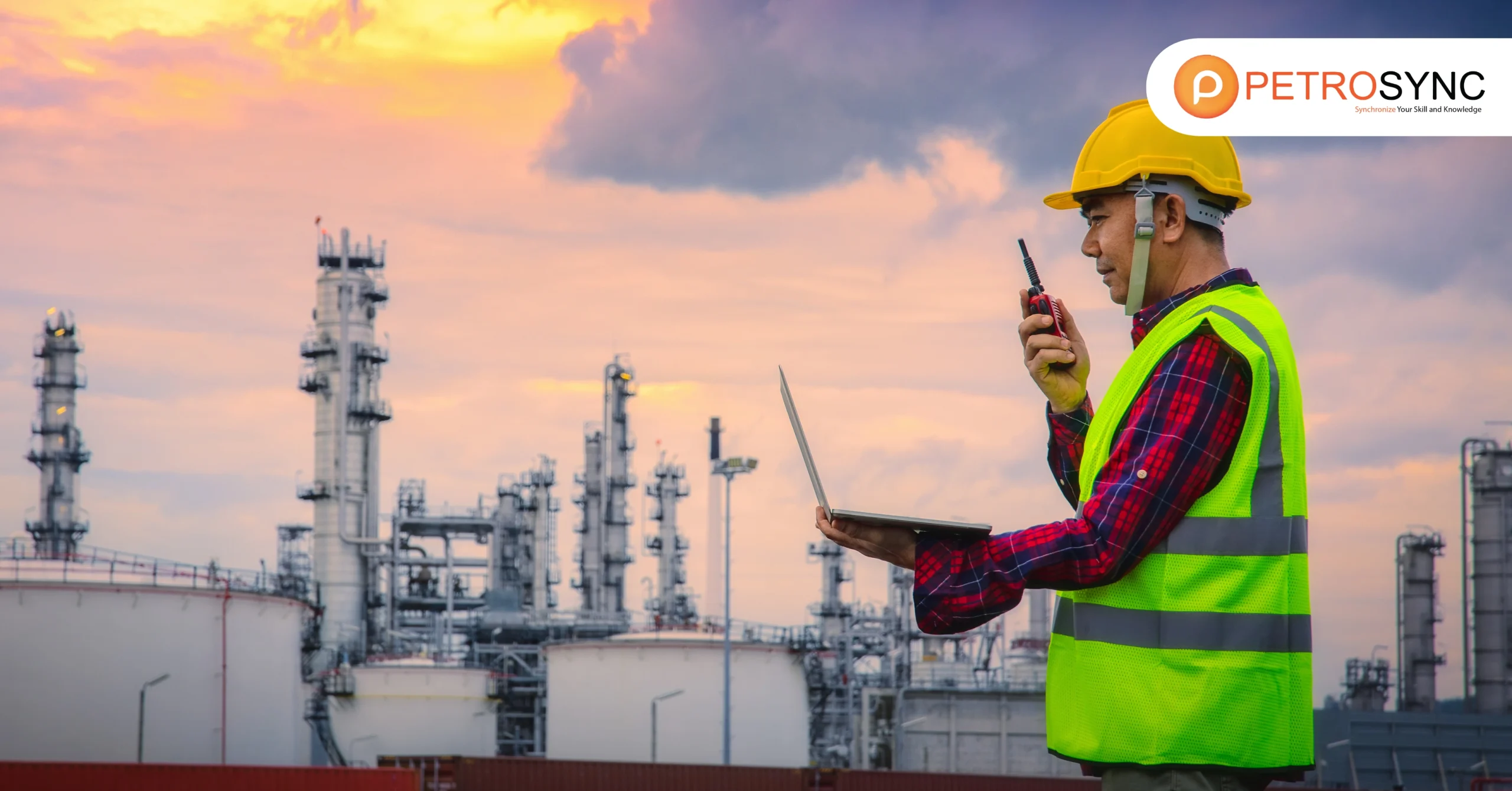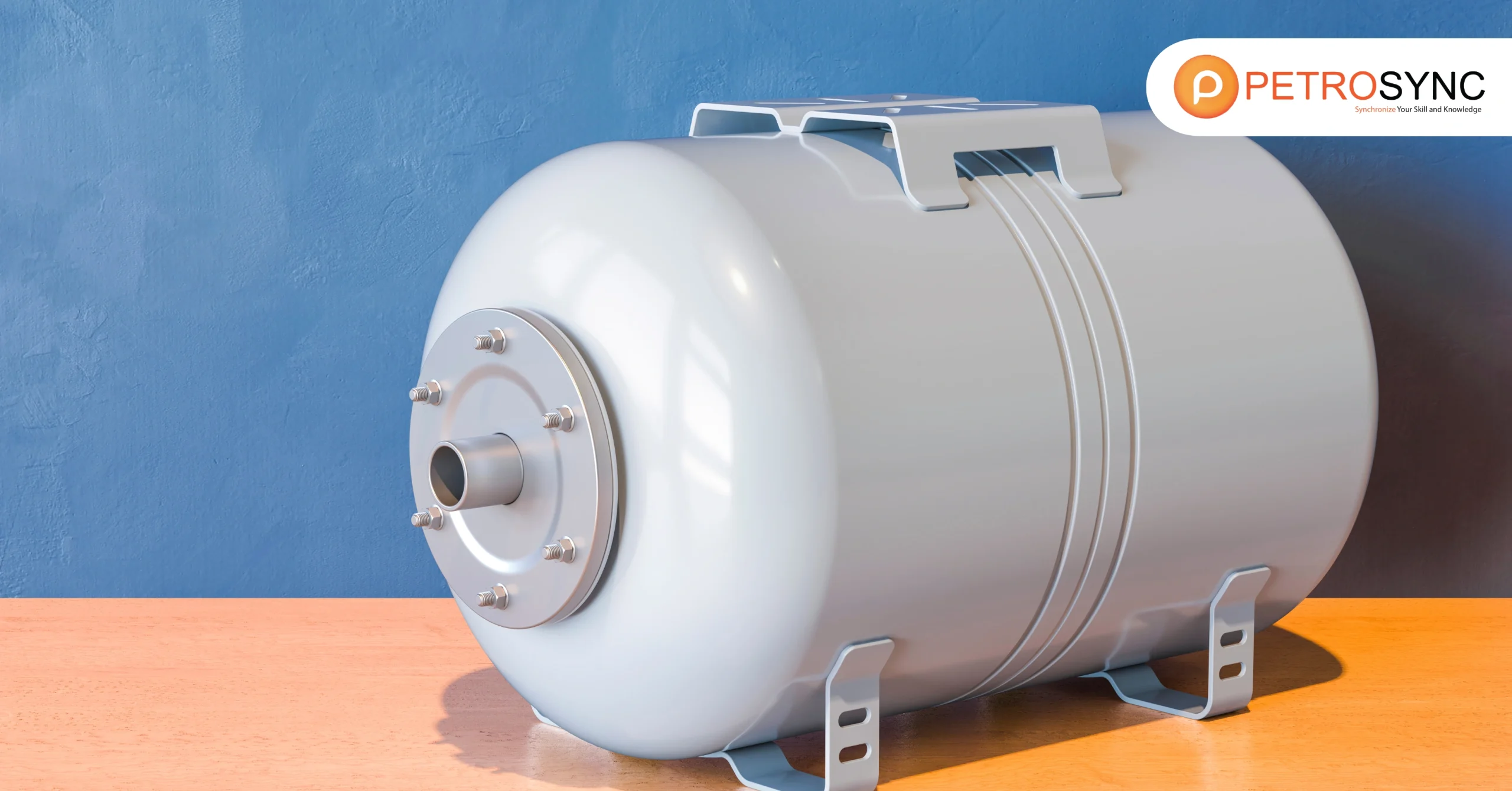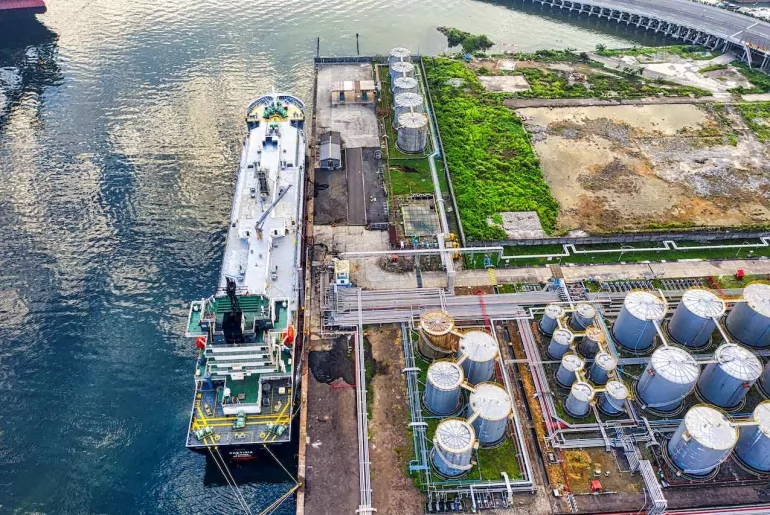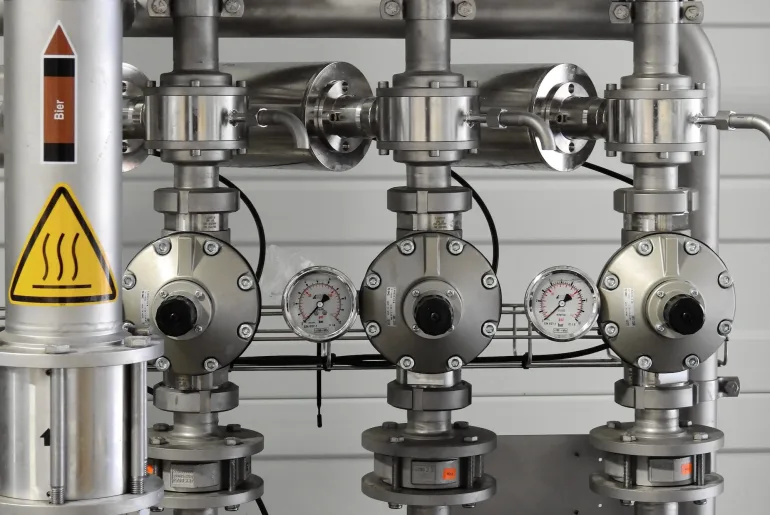The oil and gas, petrochemical, and energy industries place a high value on essential infrastructure safety, dependability, and durability. Pipelines, storage tank, and pressure vessel are constantly subjected to wear and stress because of the high pressures and temperatures at…
In numerous industries such as oil and gas, chemical manufacturing, power generation, and pharmaceuticals, pressure vessel stands as an essential piece of equipment. As it holds a vital role, engineers and in-field personnel are often equipped with a comprehensive understanding…
In the oil and gas industry, ensuring the safe and reliable operation of equipment is critical. Equipment can degrade due to various factors such as corrosion, cracking, and other damage mechanisms. Fitness-For-Service (FFS) is a crucial approach used to evaluate…
Ensuring safe and reliable operation of critical equipment is vital in today’s industries. Fitness-for-Service (FFS) assessments mitigate risks by evaluating equipment integrity and fitness throughout its lifespan. With industry standards and best practices, FFS assessments inform decisions on maintenance, repairs,…





